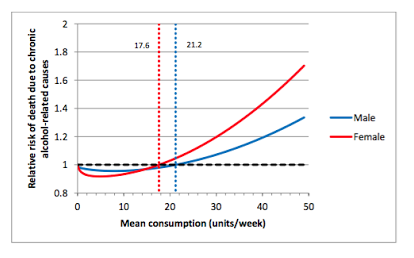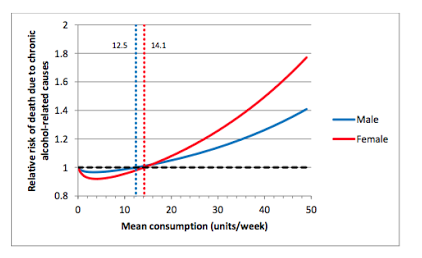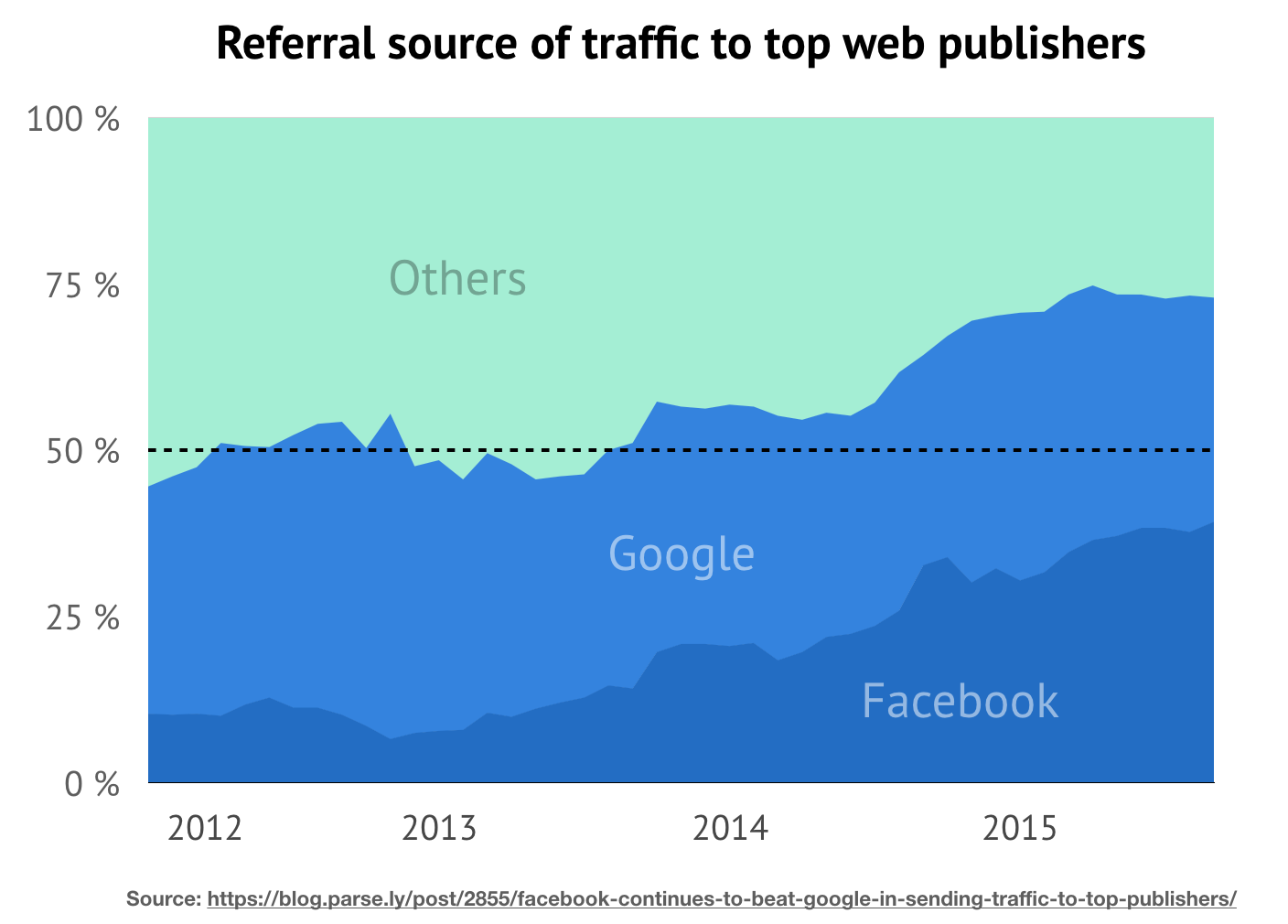danjuno
Cole Phelps, Badge 1247
I'm pretty sure the chart said 79% of Greeks were not satisfied with democracy was performing in their country, Kyriakos.
I'm pretty sure the chart said 79% of Greeks were not satisfied with democracy was performing in their country, Kyriakos.
 It still doesn't make the other two poll results seem any less made-up.
It still doesn't make the other two poll results seem any less made-up.If I would live in Greece, I would not trust the government as well, I would only theoretical believe in democracy because there is nothing better, I would by lack of a positive influence of the government on experts, also trust civil society as such the most... but who is then deciding which expert has the last word ?
And why would I trust a government, when that government is not trusting me.... fundamentally not trusting me, because if I want a new drivers license, I don't get one if I did not vote in the election.
(Greece not the only country with compulsory voting)
People who didn't vote and named Registration problems + inconvenient polling place made up 0.9% of the total votes cast, according to my calculation. Although the election was decided by less, that's not enough to swing it. Out of town is another big item, with roughly 1.1% of the total votes cast, and young people (=Clinton voters) score very high there. One could argue that more opportunities for absentee ballots could help there. Then there's the big Other Reason category of which we know little.
Anyway, based on this data, arguing that voter suppression cost Clinton is possible, but not very convincing (you need almost all of the suppressed votes to be democrats). If one would have state-level data that shows these problems to be especially important in Michigan, Pennsylvania and Wisconsin, one could get there.**
Either way, the 'not interested', 'did not like candidates/issues' and 'too busy' groups are much bigger groups where I would focus my attention if I was campaigning.
* For the calculations, this table lists 19 million people who were registered but did not vote. Roughly 137 million votes were cast in total.
** Another facet not covered by this data set is the number of people who aren't registered to vote due to voter suppression.



That is shown in the above graph by the dip before the dotted line.I don't drink alcohol, but it is said that a little bit (wine) every now and then can have a beneficial effect.
